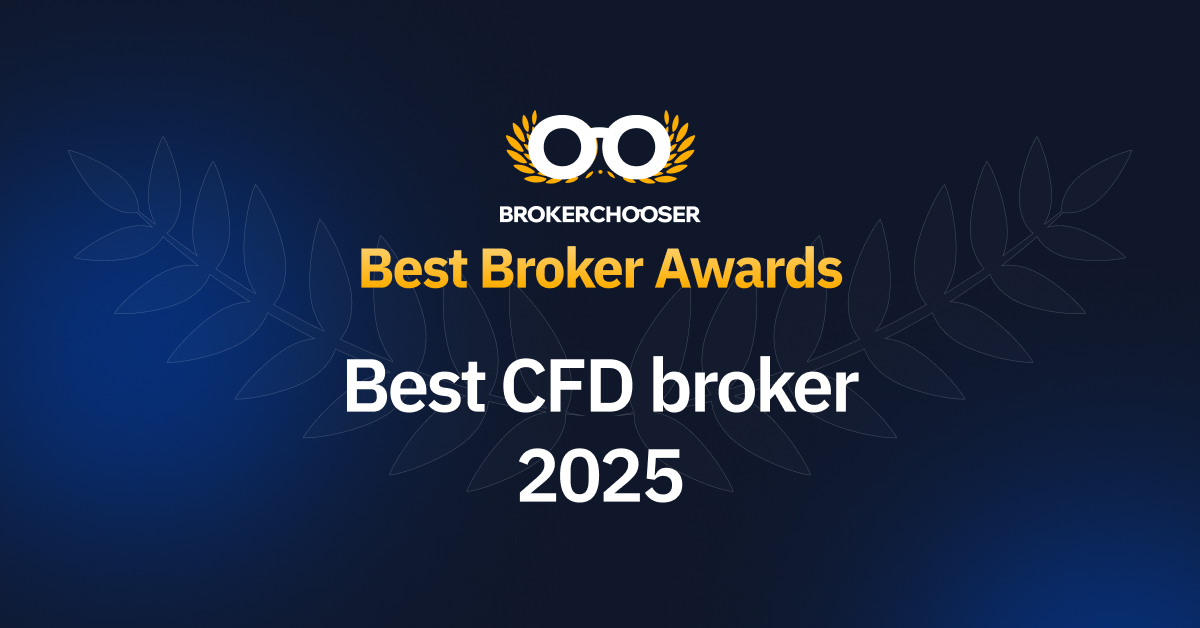
When navigating the complex world of trading, understanding the best cfd trading regulations bestbrokercfd.com regulations surrounding Contracts for Difference (CFDs) is crucial for safeguarding your investments. CFDs allow traders to speculate on the price movements of assets without owning the underlying asset, making them an attractive financial instrument. However, with great potential rewards come considerable risks, mandating the need for reliable regulatory frameworks. This article delves into the best CFD trading regulations globally, shedding light on their importance, and offering guidance on selecting a compliant broker.
The Importance of CFD Trading Regulations
CFD trading regulations are established to protect traders from malpractice and fraud. These regulations serve multiple purposes:
- Investor Protection: Regulations aim to safeguard traders’ funds by imposing strict requirements on brokers. This includes maintaining clients’ funds in segregated accounts and adhering to capital adequacy standards.
- Market Integrity: Regulated brokers are monitored to prevent market manipulation, ensuring that all market participants trade under fair conditions.
- Transparency: Regulations mandate that brokers provide clear information regarding their fees, commissions, and trading conditions, fostering an environment of honesty.
- Dispute Resolution: Regulatory bodies often provide mechanisms for traders to address grievances against brokers, offering an additional layer of safety.
Key CFD Trading Regulators Around the World
Different countries have established regulatory bodies to oversee the CFD trading landscape. Here’s a breakdown of some of the most reputable regulators:
1. Financial Conduct Authority (FCA) – United Kingdom
The FCA is one of the most stringent financial regulators globally. It ensures that brokers adhere to high standards of customer protection and maintains a level playing field in the markets. Brokers regulated by the FCA must have sufficient capital reserves and provide regular reports to the authority.
2. Australian Securities and Investments Commission (ASIC) – Australia
ASIC is known for its robust regulatory framework designed to maintain the integrity of Australia’s financial markets. ASIC-licensed brokers are required to hold client funds in segregated accounts, ensuring traders’ money is protected even if the broker faces financial difficulties.

3. Cyprus Securities and Exchange Commission (CySEC) – Cyprus
CySEC operates within the European Union’s regulatory framework and offers a more accessible licensing process for brokers. While it allows more flexibility for new trading firms, CySEC maintains good practices and investor protection principles, enabling traders to operate safely within its jurisdiction.
4. Securities and Exchange Commission (SEC) – United States
SEC does not permit trading in CFDs, but its regulatory framework for securities illustrates the importance of robust oversight. U.S. traders must rely on different trading instruments similar to CFDs, and understand the implications of trading in less regulated markets.
5. Monetary Authority of Singapore (MAS) – Singapore
MAS oversees the financial services industry in Singapore, providing a stringent set of regulations to protect traders. The authority ensures that all financial institutions operating within its jurisdiction follow strict guidelines to maintain market integrity and ensure consumer safety.
Choosing a Regulated CFD Broker
Selecting a regulated CFD broker is essential for ensuring your trading activities are conducted in a secure environment. Here are some factors to consider when choosing a broker:
- Regulatory Compliance: Check if the broker is regulated by a reputable authority. This information is usually found on the broker’s website.
- Trading Conditions: Review the broker’s trading conditions, including spreads, commissions, and leverage options, to ensure they align with your trading strategies.
- Customer Support: Evaluate the broker’s customer support services to ensure you can receive assistance whenever required.
- Platform Usability: Test the trading platform provided by the broker. A user-friendly interface can significantly enhance your trading experience.
- Education and Resources: Consider brokers that offer educational resources, as these can aid your development as a trader.
Conclusion
In conclusion, understanding the best CFD trading regulations and selecting a compliant broker is paramount for any trader aiming to navigate the CFD market successfully. Regulations not only protect traders but also ensure market integrity and transparency. By choosing a well-regulated broker, traders can focus on developing their strategies and maximizing their trading potential without the constant worry of regulatory violations or broker malpractices. Always conduct thorough research and consider the regulatory landscape before making trading decisions. A secure trading environment enhances your trading experience, allowing you to concentrate on what truly matters: your trading strategy and market analysis.